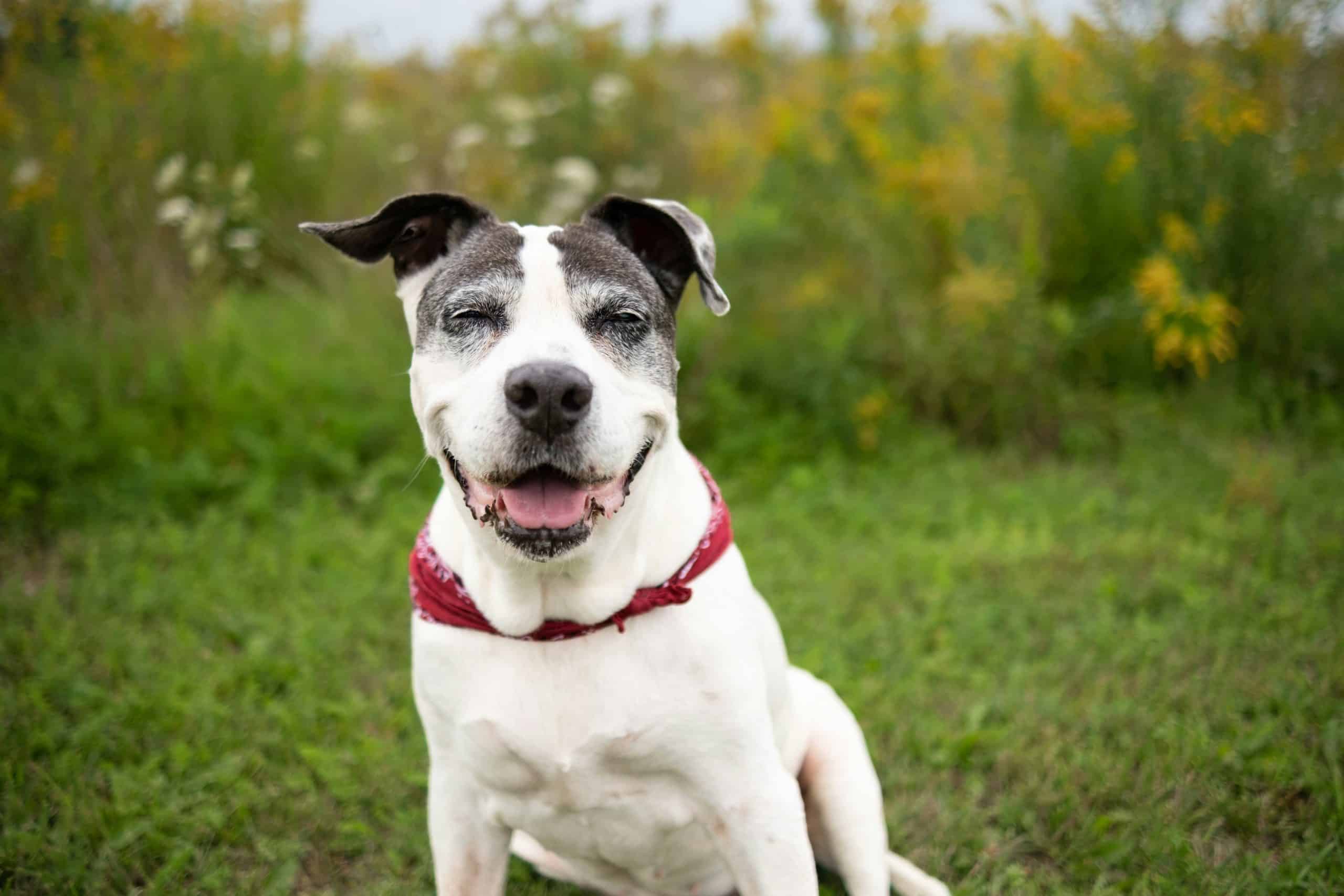Caring for elderly pets: What to know

Aging is a natural process for all living creatures, including the furry friends who share our homes. As your pets progress in years, they may encounter health issues and changes in behavior, requiring different care than they needed in their younger years. Understanding these changes and knowing how to address them can significantly improve your pet’s quality of life in their golden years.
Recognizing the Signs of Aging in Pets
Many pet owners don’t realize that their animals are entering their senior years until noticeable changes occur. Understanding what to look for can help you to identify the onset of old age in your pet and take appropriate measures to keep them comfortable and healthy.
Also to read : What Are the Essential Steps in Preparing Your Home for a Pet Chameleon?
In dogs, a common metric is to multiply their age by seven to get their approximate human age equivalent. However, this formula doesn’t apply to all dogs. Smaller breeds tend to live longer and age slower than larger breeds. Cats, on the other hand, enter their senior years around the age of 11.
One of the most common signs of aging in pets is a reduction in activity levels. Your previously energetic dog or cat may now prefer lounging around the house over their usual playtime. Changes in their eating habits, weight, coat, and behavior can also signal that your pet is getting older.
Additional reading : The different personalities of cats
Common Health Issues in Older Pets
As your pets age, they become more susceptible to a range of health problems. These can range from the minor and easily treatable, to more serious medical conditions that require ongoing care.
Arthritis is a common issue in older pets, particularly in dogs. This can lead to decreased mobility and an increase in discomfort or pain. Regular vet check-ups can help to diagnose and manage this condition, often through medication or changes to diet and exercise routines.
Other common issues include dental disease, heart disease, kidney or liver disease, and diabetes. Regular vet check-ups are integral to early detection and management of these diseases.
Cognitive decline is also a concern for many older pets. Dogs and cats can experience confusion, changes in sleep patterns, and loss of house training. Although this can be distressing for both you and your pet, your vet can provide guidance and treatment options to manage these symptoms.
How to Help Your Senior Pet
Taking an active role in your senior pet’s health can go a long way in maintaining their quality of life. There are several steps you can take, from preventative measures to dealing with existing health issues.
Maintaining a healthy weight is crucial for older pets. Obesity can exacerbate many health issues, including arthritis and heart disease. Regular exercise, within your pet’s capabilities, and a balanced diet can help keep their weight in check.
Regular vet check-ups are also important. These visits will allow your vet to monitor your pet’s weight, check for any changes in their health, and administer necessary vaccinations.
Also, don’t forget about your pet’s mental health. Mental stimulation can help stave off cognitive decline. Regular interaction, playtime, and even puzzle toys can keep your pet’s mind sharp.
Choosing the Best Diet for Your Senior Pet
As pets age, their dietary needs change. Senior pets often require fewer calories because they are less active. However, they may need more of certain nutrients, like protein and fiber.
Consulting with your vet will help you to determine the best diet for your senior pet. They may recommend a diet formulated specifically for senior pets, or suggest adding certain supplements to their existing diet.
End-of-Life Care for Elderly Pets
The process of aging is not always easy to watch, but it’s important to remember that it’s a natural part of life. As your pet enters their final years, there are steps you can take to ensure they remain comfortable.
Pain management is a key aspect of end-of-life care for pets. Regular vet visits will help to identify any pain your pet may be feeling, and your vet can recommend appropriate treatments.
Comfort is also crucial during their final years. Providing soft bedding, ensuring they can easily access food and water, and keeping a consistent routine can all help to keep your elderly pet comfortable.
Knowing when to say goodbye is one of the hardest decisions a pet owner will have to make. Your vet can help guide you through this process and provide support when the time comes.
Caring for elderly pets can be a challenge, but it’s also a tremendous gift. By understanding the aging process and how to support your pet throughout it, you can ensure that your pet’s golden years are truly golden.
Essential Tips for Caring for Your Senior Pet
As a pet owner, you have a responsibility to lend an extra hand to your pet during their senior years. These creatures that bring us so much joy and companionship also need us now more than ever as they age. Recognizing their needs will improve their quality life and make their golden years truly golden.
Firstly, keep an eye out for any mobility issues. Older dogs and cats may have trouble moving around like they used to. Stairs can become a challenge and jumping up to favorite spots might take more effort. You can help by providing ramps or pet-friendly steps and ensuring their bed, food, and water are easily accessible. Also, consider investing in orthopedic pet beds to provide extra comfort and support for their aching joints.
Secondly, maintain good grooming habits. As pets age, their skin can become dry and their coat may lose its luster. Regular brushing can improve the health of their coat, stimulate skin oils, and increase blood circulation. Regular nail trims are also important to prevent overgrowth and discomfort.
Lastly, never underestimate the importance of regular vet visits. As pets age, they may be prone to health issues that are not always visible to the naked eye. Regular veterinary check-ups will ensure that any health problems are detected and addressed early.
Remember, caring for senior pets involves adapting to their changing needs. Be patient, and show them the same unconditional love they have given you throughout their life.
Conclusion: The Reward of Caring for Elderly Pets
As challenging as it might seem, the care of elderly pets is a rewarding journey that deepens the bond between you and your pet. Despite the inevitable difficulties and heartaches, watching your pet enjoy their senior years with grace, peace, and dignity is a beautiful experience.
Remember that as you care for your senior pet, you’re not merely providing for their physical needs. You’re also providing emotional support during a confusing time for them. Your presence, patience, and love can do wonders for their overall well-being.
Whether your pet is a senior dog or cat, understanding their needs is pivotal in providing them with the best care possible. With proper care, regular check-ups, and a lot of love, your pets can enjoy their golden years in comfort and happiness.
You might be their whole world, but to them, you are their family. That’s why every moment you spend with them, especially in their twilight years, is priceless. After all, providing the best possible care for our beloved pets is the least we can do to repay them for the years of joy, companionship, and unconditional love they have given us.
This journey with your aging pet may not always be easy, but it’s certainly worth every step. By understanding and addressing their needs, you help ensure your pet’s golden years are truly golden. In turn, the love and companionship they offer during these years can enrich your life immeasurably.
